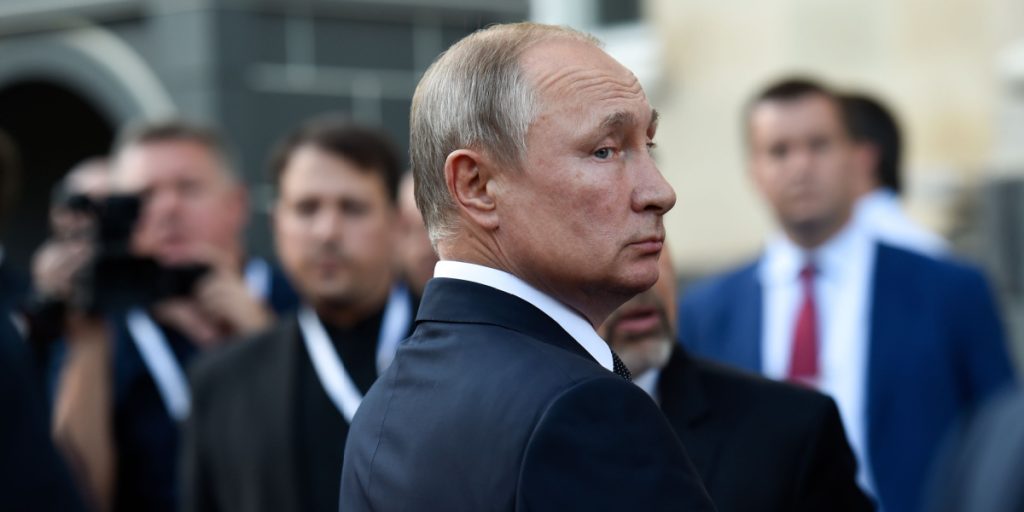Russia’s Ministry of Defense turns to an unlikely source for reinforcements—women in penal colonies, sparking a blend of hope, desperation, and controversy.
Others are reading now
Russia’s Ministry of Defense has been extending its recruitment efforts to the female population of its penal institutions. Reports from “
Vazhnye Istorii” reveal that officials have visited at least four more women’s penal colonies in search of candidates willing to join the war effort against Ukraine.Also read
This development sheds light on a controversial strategy that intertwines the hope for freedom with the stark reality of warfare, echoing through the halls of Russia’s correctional facilities.
A Glimpse Inside the Recruitment Drive
In the Ivanovo region, the female colony № 3 in Kineshma became one of the targeted sites for military recruiters. Lawyers representing the inmates shared that those with medical training were primarily sought for medical personnel roles, while others were considered for assault units.
Some women expressed their willingness to enlist, motivated by the prospect of an earlier return home and financial compensation, according to a friend of one inmate, a former prisoner herself.
Similar recruitment drives unfolded in the Vladimir region’s correctional colony № 1 in Golovino, where the focus was also on medical professionals.
In Perm Krai, however, recruiters left empty-handed, unable to find candidates with the desired medical or sniper skills, despite some inmates’ readiness to engage in combat.
Conversely, in Mordovia, the enthusiasm among the inmates of colony № 2 in Yavas was palpable, with many actively seeking assistance from their lawyers and relatives to secure a military contract.
The Promise of Freedom
This recruitment initiative is not entirely new. Earlier, women in Ulyanovka’s colony № 2 in the Leningrad region were offered a one-year contract with the promise of pardon upon completion. Now, the terms have changed; pardons are off the table, replaced with conditional releases, and the previously year-long contracts have become indefinite.
As of early December 2023, approximately 45,000 women were incarcerated in Russia, a figure highlighted by human rights council member Eva Merkacheva, amid a backdrop of decreasing transparency regarding the gender composition and criminal charges of prisoners since 2021.
This recruitment strategy has ignited a debate over the exploitation of prisoners’ circumstances and the moral implications of offering freedom in exchange for participation in conflict. For many women, the choice to join the military ranks is driven by desperation—a harsh indictment of their current conditions and a gamble on their futures.


